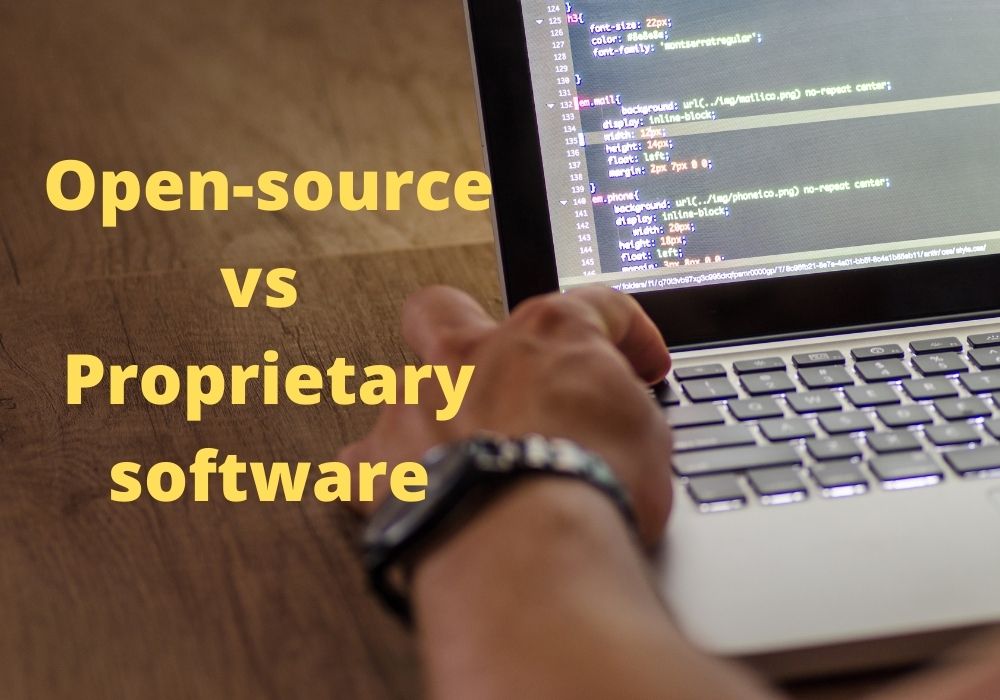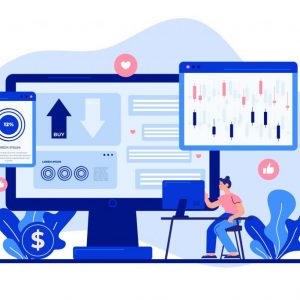Open Source vs. Proprietary Software? – Which is better?
June 16, 2022

Open-source software is ideal if you’re looking for a community of people collaborating to improve the software. Alternatively, propriety software makes more sense if you’re looking for secure software for private projects.
Getting the right software is essential to the success of any project. Individuals and companies alike want to know they are getting value to add to their project, which brings us to the importance of knowing the difference between open source and propriety software and which is better. Here we address both aspects so that you can make an informed decision.
What is open-source software?
Open source is software available to the online public where anyone can change the code. Programmers are at liberty to modify existing open-source code for enhancement and distribution. The programmers and other equally savvy users work together to develop and test the software modifications without cost. The community of developers can provide community and commercial support where maintenance is required.
You can get open-source software with or with an added fee for additional functions or on a subscription. In other cases, you need a license to access and use the software.
What is propriety software?
Propriety refers to software owned by an individual or company. The source codes for this kind of software are not publicly available, and only the individual or company that created it can make modifications. A closed team of developers managed it. One has to pay for a propriety software with additional support to keep it running smoothly.
Accessing the software requires a valid and authenticated license for users to access and use the software. The license does come with restrictions such as the number of features and installations available, sharing the software illegally, and the period the software operates for.
Differences between open-source software and propriety software
| Open-source software | Propriety software | |
| Flexibility | Users have more flexibility to collaborate and foster innovation | Less flexibility along with restrictions in place |
| Support | Users can receive assistance, but without consolidation, one may require forums and articles to receive help | User is likely to receive 24/7 support but primarily based on the type of software |
| Maintenance | Developed and maintained by the community | Developed and maintained by the software publishers |
| Cost | You don’t have to pay a fee | You have to pay a fee |
| Source code access | You have access to the source code. | You do not have access to the source code |
Open source or Propriety- which one is better?
Open-source software is better than propriety software because it offers flexibility that savvy programmers require and appreciate. The main misconception is that propriety software is better because you can receive round-the-clock support while you may wait a bit longer when it comes to open-source software. The reality is that the type of software you get, whether open-source or propriety, determines which is better. Overall, your individual or company needs to dictate which is best.
FAQs
What are examples of open-source software?
Examples of open-source software include Mozilla Firefox, Linux, VNC, LibreOffice, and VLC Media Player.
What are examples of propriety software?
Examples of propriety software include Windows, Microsoft Office, Logic, Adobe Creative Suite, and Grand Theft Auto.

